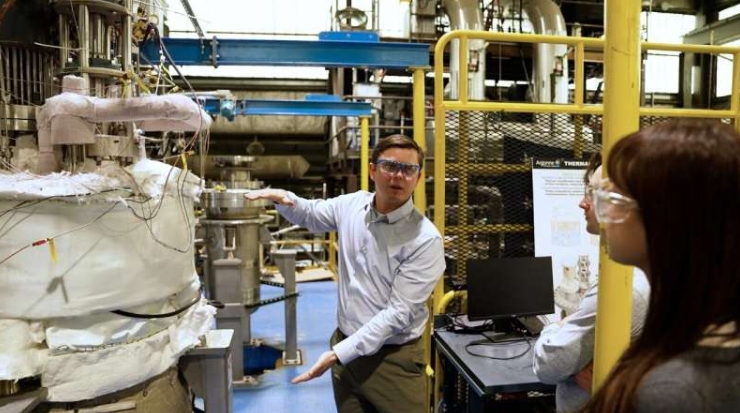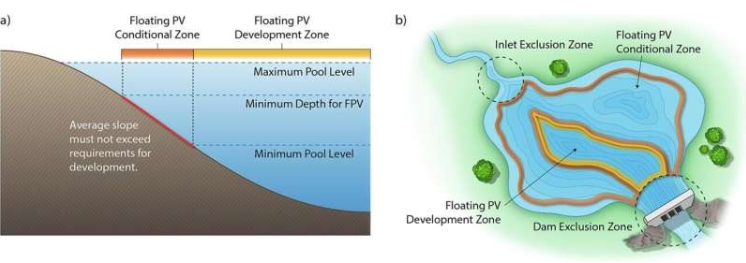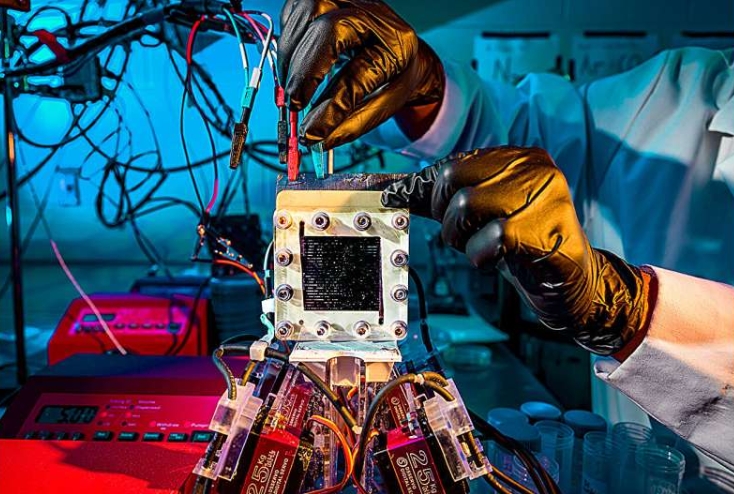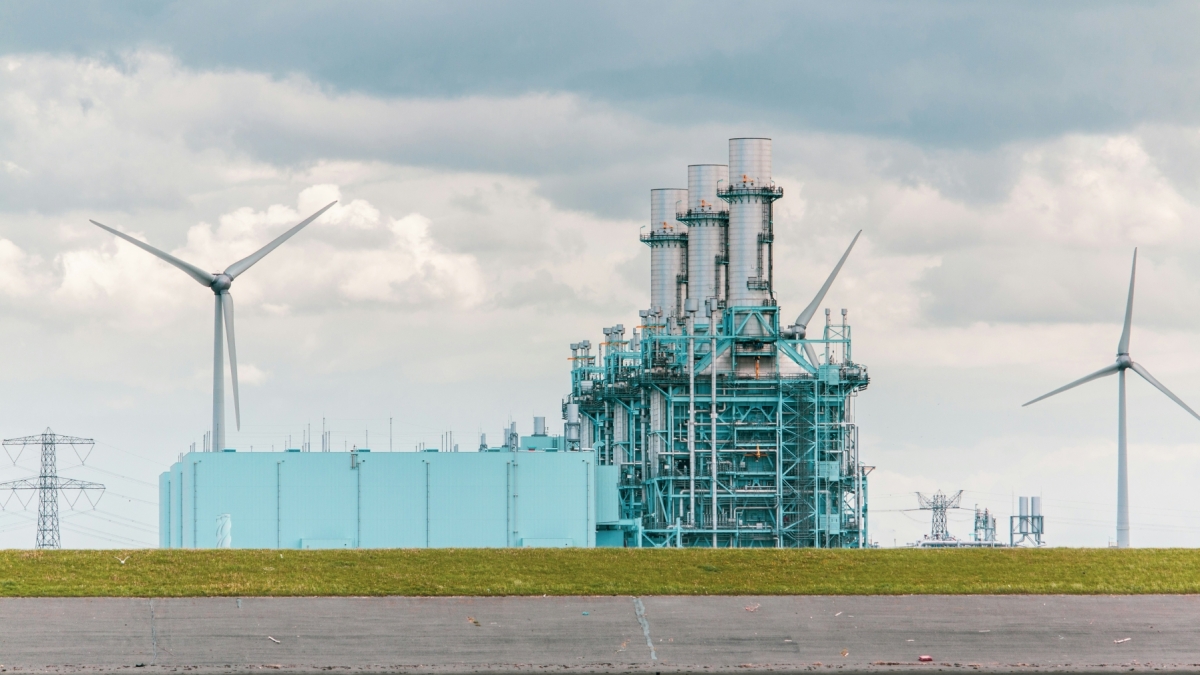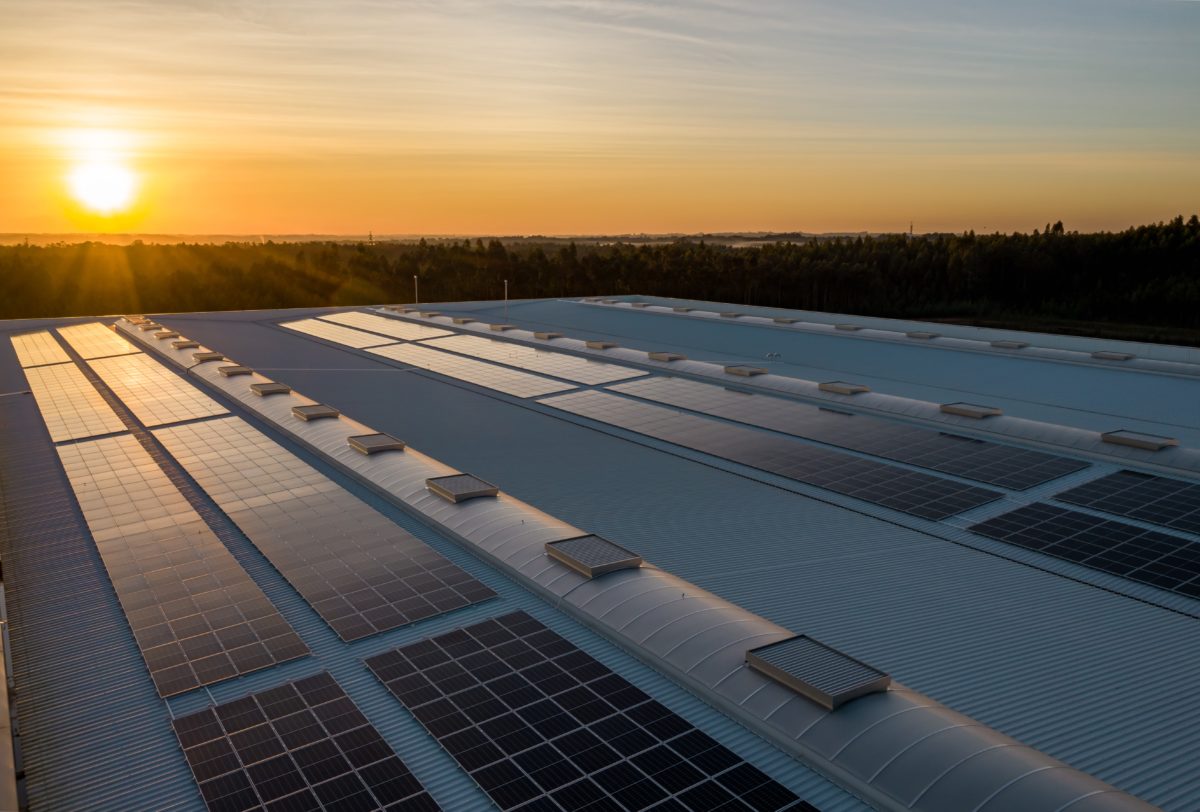$249,973 (CHF250,000) – this is the amount the confectionery Sprüngli saves per year thanks to Swiss government efforts to reduce energy consumption. Swiss companies with a certain level of energy consumption can negotiate a target agreement with the government to reduce their CO2 emissions and are rewarded with tax exemptions and bonuses.
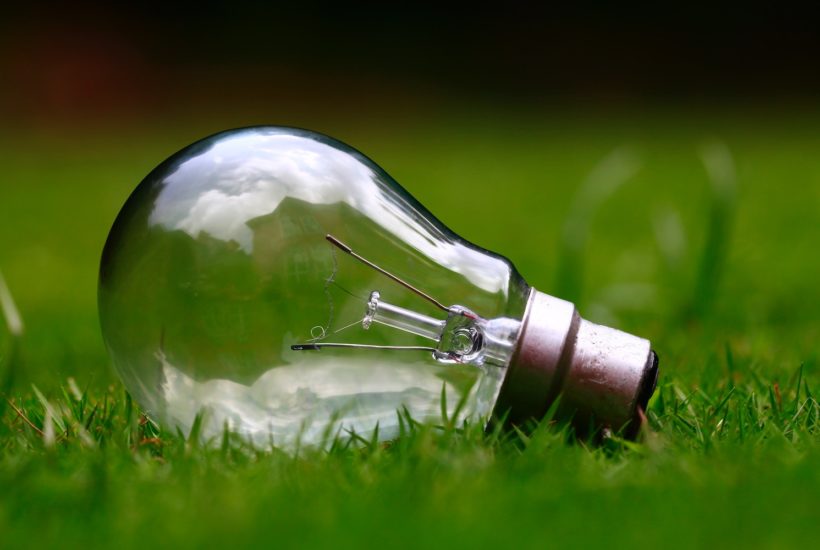
Voluntary target agreements to reduce CO2 emissions are a recipe for success that is paying off for smaller companies in Switzerland. Thanks to generous government programs energy saving is no longer a challenge for Swiss SME’s, it is an opportunity.
Many other publications overlook breaking business news focused on marketing or other business strategies. Born2Invest mobile app helps readers to be up to date with the newest information in this field and others, among which finance, biotech, markets, cannabis, fintech and Asia.
A bakery like Sprüngli is generally not associated with high energy consumption, but appearances can be deceiving deceptive. The ovens at Sprüngli’s central production site in Dietikon must be operational 24 hours a day, seven days a week, so that the bread, cakes, croissants, and Luxemburgerli always arrive fresh in more than 20 stores.
At the same time, there are numerous laws and requirements in the food sector as to how products must be stored. The cooling of food and production departments is a major source of energy consumption at Confiserie Sprüngli. In 2014, the company concluded a target agreement with the federal government to reduce their CO2 emissions.
One of the first jobs was the complete replacement of the refrigeration systems. In the same year, Confiserie Sprüngli switched its lighting to energy-efficient LED lights and invested in new ovens with better insulation and larger heat accumulators. The ovens are equipped with a modern control system, which, among other things, simplifies the transfer between work shifts. Employees who work at night will find a preheated oven with the right temperature for the product at the start of the work thanks to the control system.
In addition, the company underwent a refurbishment of the ventilation system in the production area and modern energy monitoring, which measures energy, water and gas consumption, temperature, humidity and CO2 content in the air. The conversion of the rather artisanal production plant to a modern and efficient production facility turned out to be a challenge.
The target agreements drawn up in cooperation with the Energy Agency for Industry (EnAW) are paying off for Sprüngli. According to EnAW calculations, thanks to the measures taken, the exemption from the CO2 tax and the EWZ efficiency bonus, the company saves around $249,973 (CHF250,000) per year – an amount that is significant for a company.
Proven energy concept
In Switzerland, companies that consume a certain amount of energy can conclude an individual target agreement with the Confederation in which they undertake to reduce their CO2 emissions. In return, the companies are refunded the CO2 tax and are supported in this by EnAW and the Cleantech Agency Switzerland. The concept of a voluntary target agreement and a steering tax is proving its worth. In 2018, the 4000 companies involved reduced their emissions by half a million tonnes of CO2 through the measures implemented since 2013.
The companies that have concluded a target agreement account for around half of Switzerland’s emissions from the industrial and service sectors. Thanks to low energy costs, the reimbursement of CO2 levies and the grid surcharge, the companies saved a total of $649,964 million (CHF650 million), as calculated by EnAW. The process begins with an energy check by an energy consultant, who determines the potential for energy savings and presents specific proposals. Each measure must be financially viable and amortized after eight years at the latest. The consultant accompanies the company throughout the entire implementation period.
